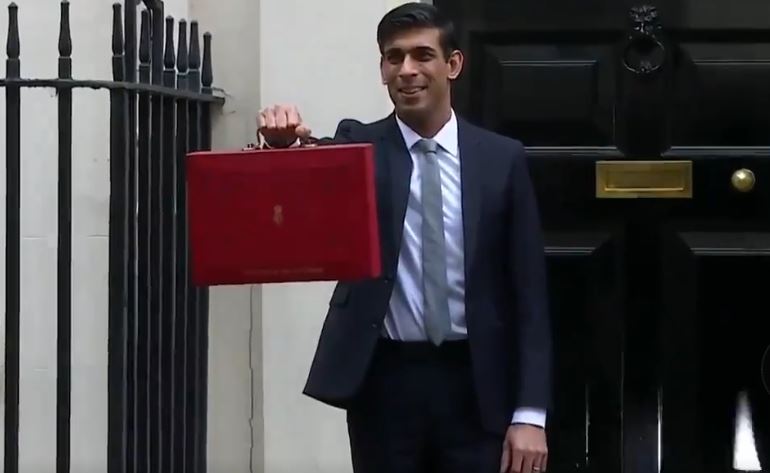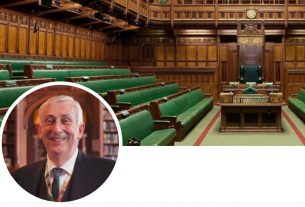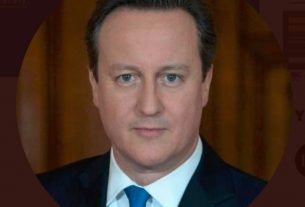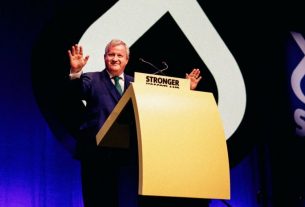Chancellor Rishi Sunak has announced almost £26 billion of public spending commitments ahead of Wednesday’s (October 27) budget and spending review.
Strong investment in public services, business support and help for working families will be at the heart of Sunak’s third budget with big spending planned for infrastructure projects, innovation and skills training.
Digitalising the NHS will be another big priority with billions more set to be unveiled by the chancellor on top of the £36 billion package announced last month. Sunak is set to unveil £5 billion extra for the NHS capital budget as part of a three year spending review, and a further £500 million is expected to be put towards fulfilling Boris Johnson’s promise of 48 new hospitals by 2030, according to the Telegraph,
£1.4bn grants to lure foreign companies to UK
The Financial Times reports on the chancellor’s plan to “unlock international investment in key British industries” with grants for foreign companies worth £1.4 billion to entice them to relocate to the UK.
Sectors such as electric vehicles and life sciences are highlighted with aims to attract skilled labour in professional services such as legal, accounting and audit also prioritised.
While the chancellor faces critics from his own benches – with Conservative MPs increasingly concerned about rising taxes, high public spending and inaction on business rates- the Labour party accused him of trailing a “smoke and mirrors” budget.
Sunak admitted to Sky News some of the pledges have previously been announced and shadow chancellor Rachel Reeves said: “We’ve seen a weekend full of Treasury smoke and mirrors ahead of the budget – with a government that would rather re-announce plans than get the work done.”
No-mask Sunak says it’s not time yet for plan B
Asked about the rising Covid infection rates, hospitalisations and death rates, Sunak told the Andrew Marr Show he did not believe it is yet time to implement “plan B” – despite one of the government’s leading scientific advisors warning that vaccines alone are not enough to contain the virus.
Professor Adam Finn, a member of the Joint Committee on Vaccinations and Immunisation (JCVI) told Sky News’ Trevor Phillips on Sunday programme that hospital admissions and deaths from Covid are increasing. The government must not be “complacent”, said Prof Finn, warning that vaccinations alone won’t control the spread of the virus and adding that people need to avoid contact to reduce transmission rates.
President of the Royal College of Emergency Medicine, Dr Katherine Henderson underlined the urgency of the situation, telling Phillips that hospital emergency departments are already in a “terrible place”.
“We’re already struggling to cope,” said Henderson. “This is not something that’s coming in the next couple of months. We’re already in a terrible place where we have got large queues of ambulances with vulnerable people waiting in those ambulances to be offloaded into departments and other patients at home waiting to be picked up by the ambulance.”
However, on the Andrew Marr Show, the chancellor repeated the government’s line that “at the moment, the data does not suggest that we should be immediately moving to” mandatory mask wearing, working from home and vaccine passports.
“But of course we will keep an eye on that. The plans are ready, we outlined them way beforehand to make sure people knew what the possible options would be for the winter, which we said would be challenging,” Sunak said.
The chancellor similarly refused to commit to wearing a mask in the House of Commons and told Marr that the “government guidance is for people to make decisions based on what they think is appropriate based on the circumstances they are in.”
He added: “Every workplace is going to be different depending on how many people are there, how long you’re there for, whether you know the people or not.”
Sunak’s comments follows the warning from health secretary Sajid Javid last week that new Covid cases could hit 100,000 a day.




